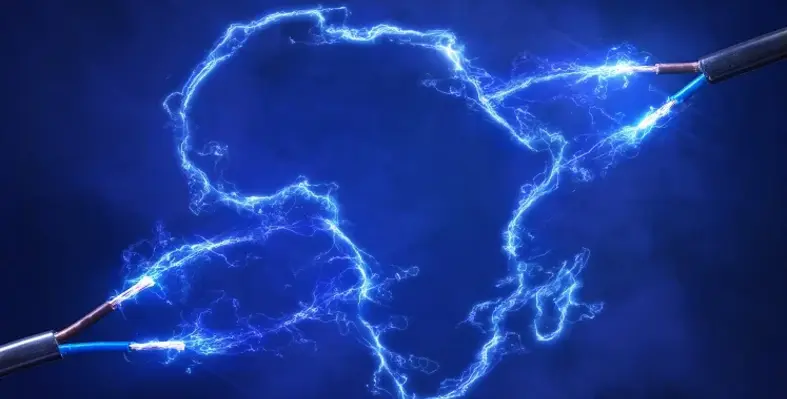According to Synergy Consulting, an independent global firm at the forefront of financial advisory, power pools offer significant potential for addressing Africa’s energy challenges
In the realm of energy infrastructure, Africa stands at a pivotal juncture. The continent, with its ever-expanding population and growing economy, faces a pressing need for reliable and sustainable energy sources.
To give a deeper understanding of the present condition of utilities in Africa, as of 2022, an estimated 600 million people, or about 43% of the African population, lack access to electricity, according to the International Energy Agency. This lack of electricity makes it harder for people to meet their basic needs, stifles businesses, and discourages investment. The issue at hand is not just the scarcity of electricity but also a mismatch between the demand and supply of such power among different regions.
In response, African nations have turned to the concept of power pools to address the continent's energy deficit and foster regional cooperation. Power pools, also known as regional electricity interconnection projects, consist of the integration of electricity grids across neighboring countries allowing for the sharing of electricity, enabling countries to pool their generating capacities and optimise energy distribution.
Three major power pools operating in Africa are the Southern African Power Pool (SAPP), the West African Power Pool (WAPP), and the Eastern Africa Power Pool (EAPP).
Power pool problems
While power pools offer immense potential for addressing Africa's energy challenges, they also face hurdles. The members of these power pools which are traditional government utilities have not been able to attract investments in generation, transmission, and last-mile grid connectivity due to financial inefficiencies and a long development cycle. This leads to a mismatch between demand and supply of power across the region.
Hence, to provide a sustainable solution and ensure implementation benefits, these power pools need a model that can be placed in a mutually beneficial relationship with the member countries.
Actionable alternatives
The two potential alternatives for transitioning from the 'single buyer, single seller' model in Africa are either providing private players with direct access to power pools or replacing traditional utilities with a reliable and established power aggregator.
Empirical evidence suggests that an increasing number of IPPs have started accessing these pools providing a more reliable avenue for power demand. Recently, Emerging Markets Energy Services Company (EMESCO) and Solar Century Africa (SCA) have joined hands with SAPP. These two IPPs get direct access to the pool and aim to address the energy shortfall in Southern Africa.
This solution is not only beneficial for the power pools but also for the IPPs as it offers an alternative to the single buyer model. The power pools can:
• Provide a platform to diversify demand risk.
• Provide avenues for collaboration with other energy stakeholders in the region.
• Enhance the creditworthiness of IPPs due to a diversified pool of buyers thereby attracting investment and funding opportunities.
Another solution to the problem could be to have a private aggregator between the IPPs and the power pools. A similar model has been implemented by Africa GreenCo (AGC). GreenCo aims to act as a creditworthy counterparty for IPPs to support the growth of incremental generation capacity and sell that power to a diversified portfolio of buyers (including SAPP) through power supply agreements. Recent developments in South Africa see emerging power aggregators such as Discovery Green and ETANA Energy, who are planning to foray into the same space.
The efficiency of the power pools and aggregators along with their contribution to Africa’s economy is yet to be validated, however, if implemented with robust measures in place it can prove to solve Africa’s long-standing power conundrum.
For more details on these and Synergy’s services, visit the company website: https://www.synergyconsultingifa.com/
This article is authored by Synergy Consulting IFA. For more information, reach out to:












